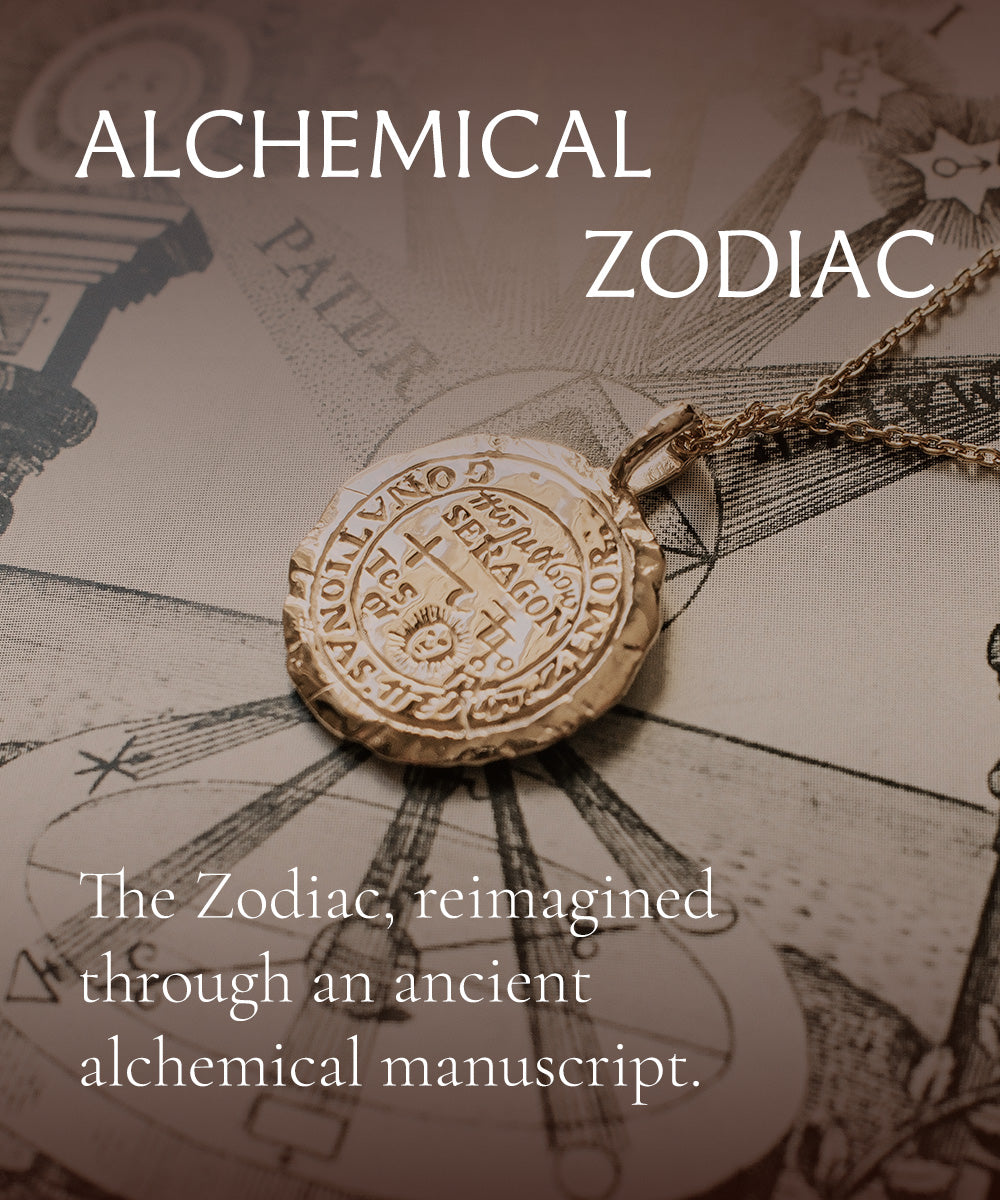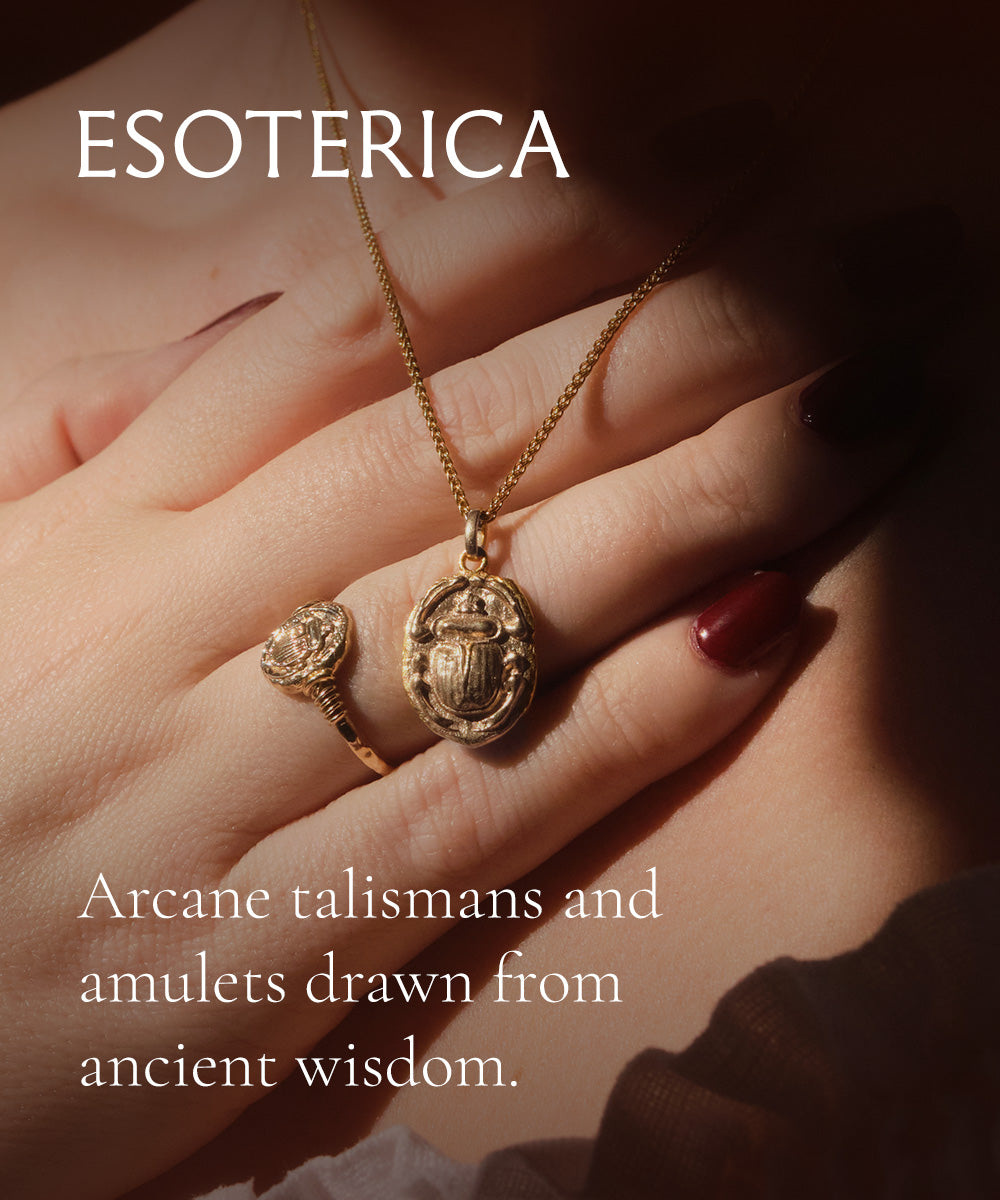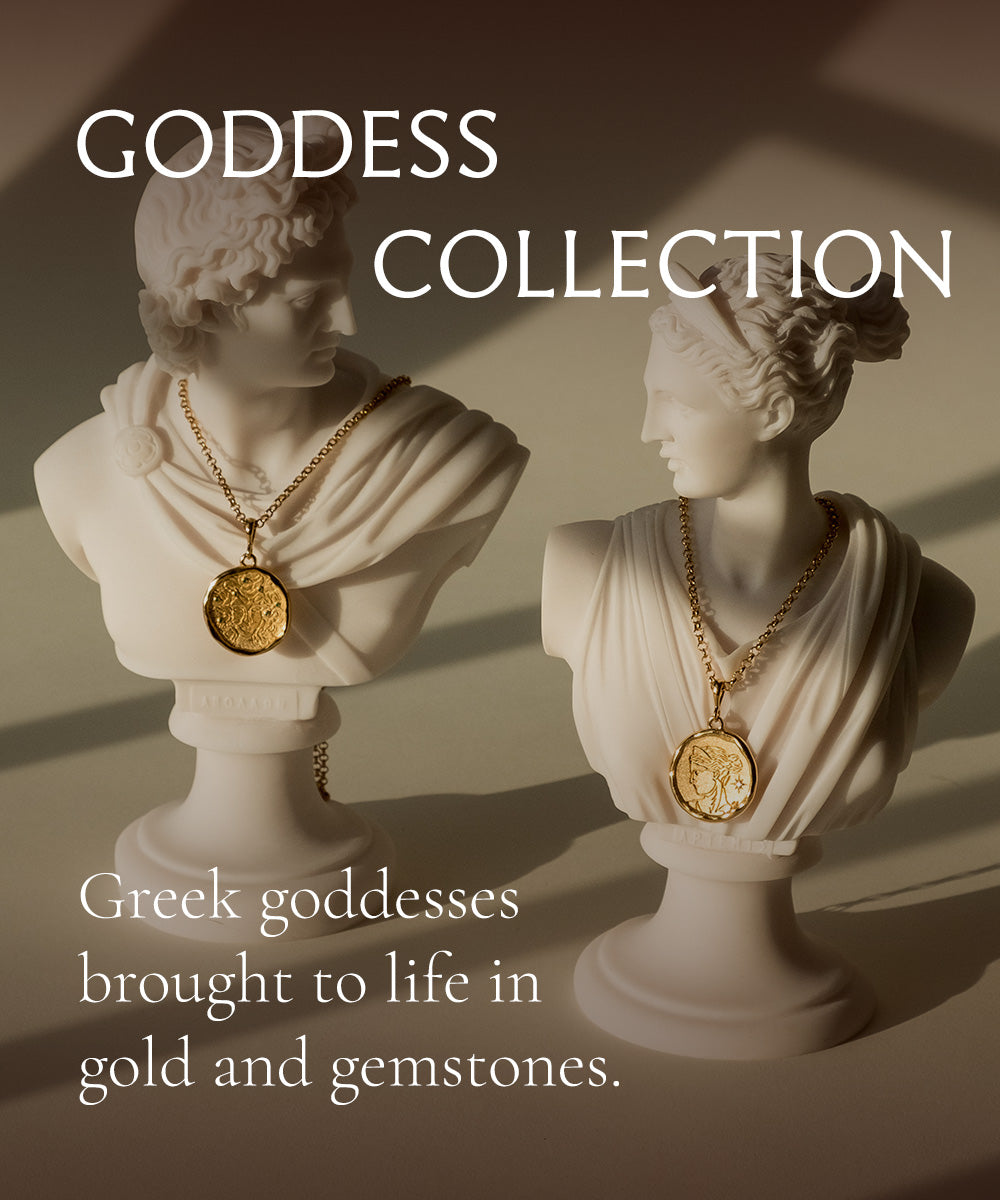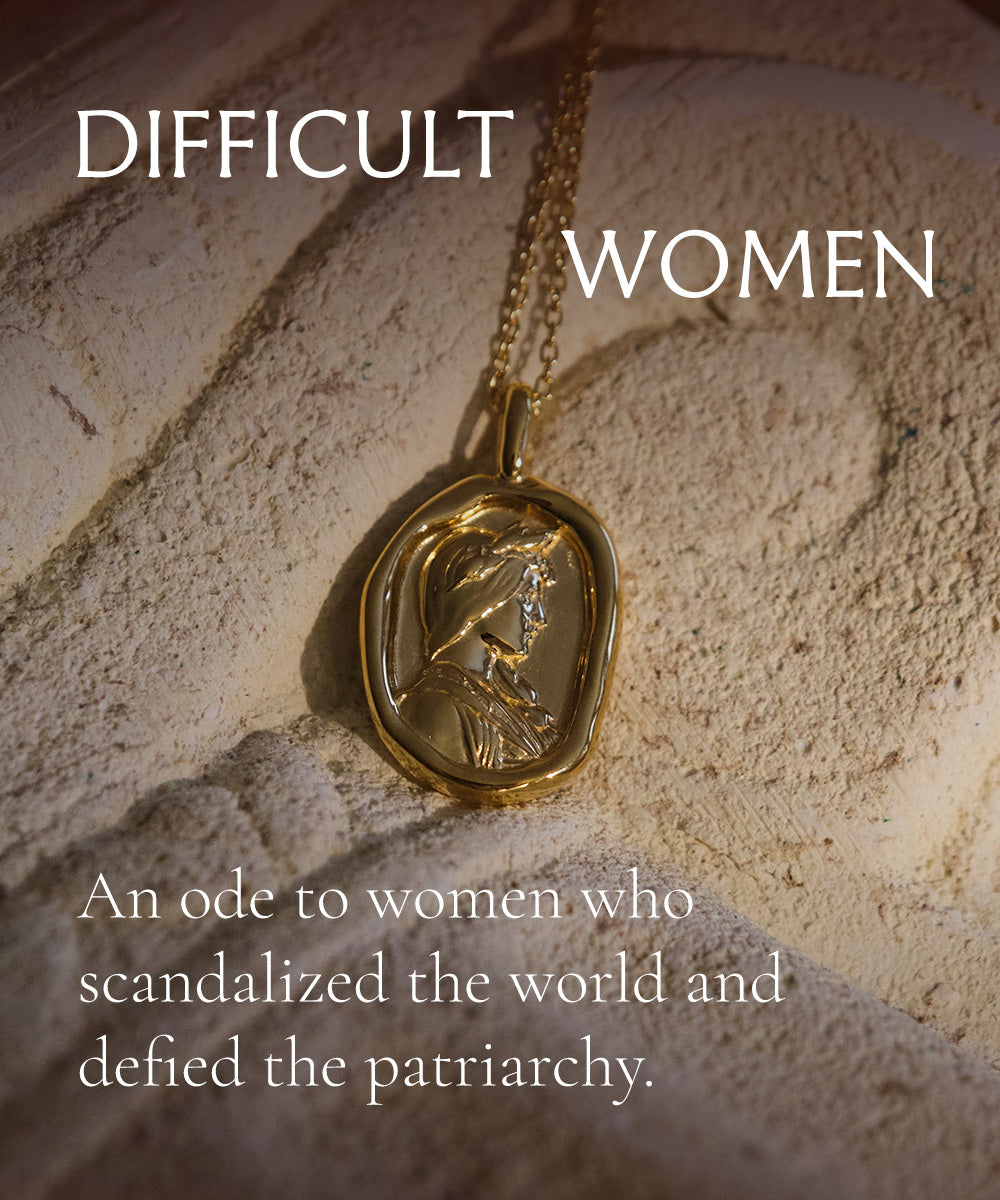An etiological myth is a myth that serves a purpose. It offers an explanation for something we don’t fully understand. Persephone’s marriage is an etiological myth. Before we understood why seasons changed, it made sense that the natural world would react to the perpetual loss and return of the goddess of springtime: when she descended to the Underworld, the earth would be barren and cold, and when she returned, so would the warmth, the crops, and the blooms.
Long ago, people noticed that island and mountain streams burst from rock, and wondered how such robust water sources could appear from places where water should not be. Their answer can be found in the story of the sea nymph Galatea and the river demigod Acis.
Galatea was the fairest and most lovely of the Nereids. She and her sisters were the daughters of Nereus, the old man of the sea, and Doris, the sea-nymph.
The Nereids lived on the rocky, salt swept shores of Sicily. Galatea’s days were filled with the laughter of her sisters, the burbling waters of the ocean, and her love, Acis, who was the son of Pan and the river nymph Symaethis. They would meet where the river met the ocean on the quiet side of the isle, and his smile would beam so vibrant that Galatea thought she’d captured the very sun in her hands.
On the rocky island also lived the giant Polyphemus. He had spied Galatea one sunny afternoon and fell hopelessly in love, and, not caring that she did not love him back, misguidedly thought to win her affection.
Alas, it was not love he felt, but mania—obsessive love, untrue and never able to be satisfied. Galatea wanted no part. Polyphemus could not accept the rejection, and blamed Acis for getting in the way. The giant lifted a rock over his head and threw it at Acis, who was crushed underneath.
Galatea’s tragedy was not in vain. Her grief and pain and the love that she still held in her heart manifested in the form of the water that brought them together. From underneath the rock that crushed Acis came a spring, then a rush, and then a river, sparkling and jubilant.
Whenever water bursts from barren rock, it is because of Galatea's unending love for Acis, who was born again as a river god from the stone. It is also the promise of the triumph of true love over obsession. Though Galatea and Acis could no longer be together, Polyphemus would never possess her, for she was not a thing for him to have. She sat by Acis’s river, braiding her hair, remembering the great love of her life and all that his legacy was.
As Ovid says,
“The stone was cleft, and through the yawning chink
New reeds arose, on the new river's brink.
The rock, from out its hollow womb, disclos'd
A sound like water in its course oppos'd,
When (wond'rous to behold), full in the flood,
Up starts a youth, and navel high he stood.
Horns from his temples rise; and either horn
Thick wreaths of reeds (his native growth) adorn.
Were not his stature taller than before,
His bulk augmented, and his beauty more,
His colour blue; for Acis he might pass:
And Acis chang'd into a stream he was,
But mine no more; he rowls along the plains
With rapid motion, and his name retains.”
Met.XIII, trans. John Dryden










